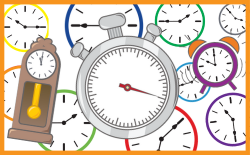Think phonics is just for the early years? Think again! Older students can – and often do – miss key foundations. This article explores why those gaps happen, how to identify them, and how synthetic phonics can transform reading and spelling for students well beyond Year 2.
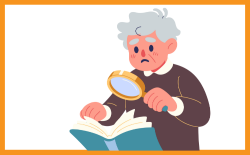
We’ve all heard of “Bossy E”, “Silent E” or “Magic E” – but are those mnemonics helping or hindering learning? Shirley Houston unpacks what split digraphs actually are, how to teach them clearly and logically, and why there’s no need for wands or wizardry!
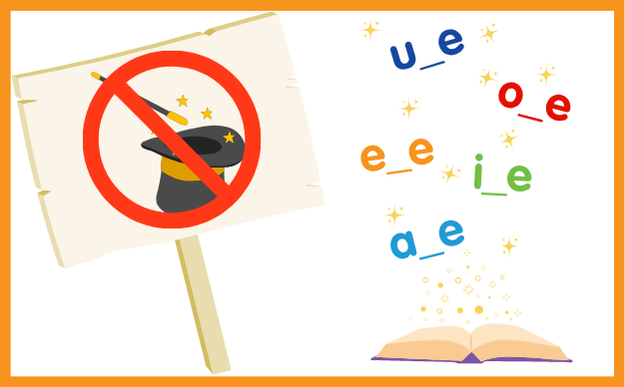
Not sure if your child is behind, on track, or racing ahead in phonics? This guide breaks down what to expect in Reception/Kindy, Year 1, and Year 2 — plus what can slow progress and when to stop phonics (if ever!).

Helping your child make the leap from knowing a few sounds to blending them into words can feel challenging. In this guide, Katherine Wood shares practical tips and fun, at-home strategies to support your child’s early reading journey.
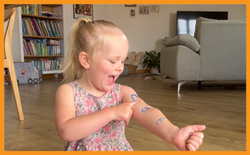
In every classroom, there will be high-flyers who need extra challenge – but how can you stretch them without the headache? Shirley Houston shares her practical solutions for differentiating your phonics lessons to meet the needs of these high achievers.

Ari referred to them as “the fuzzy sounds,” which his teacher explained are actually “voiced sounds.” But what exactly distinguishes these fuzzy (voiced) sounds from their smoother (unvoiced) counterparts? Shirley Houston provides a clear explanation and practical tips for identifying these sounds, along with fun activities to help both children and adults sharpen their listening skills.
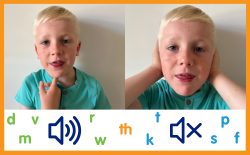
Think you know your vowels from your consonants? Think again! Shirley Houston takes a look at when a consonant is a vowel, and wh(Y)!
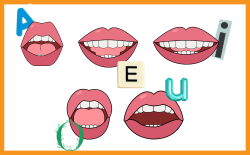
Whether you’re a seasoned teacher or a newbie, you’ll want to stay alert to common phonics pitfalls, from not paying enough attention to spelling to always practising the same skill at the start of your lesson. Lesley Clarke lists her top 10 ‘don’ts’ of phonics lesson planning and teaching – and explains how to fix them!

The term ‘mastery’ is used in nearly every teaching curriculum, but what exactly does it mean? What does phonics mastery look like? And once students have achieved it, how do you help them sustain it? Shirley Houston explains how to master…mastery!

Tick-tock, tick-tock…the clock is ticking and there’s geography, life skills, maths and phonics to get through today! Shirley Houston explores how much of the school-day you should ring-fence for teaching phonics.
